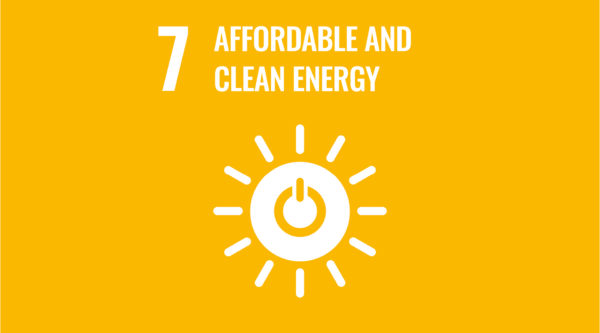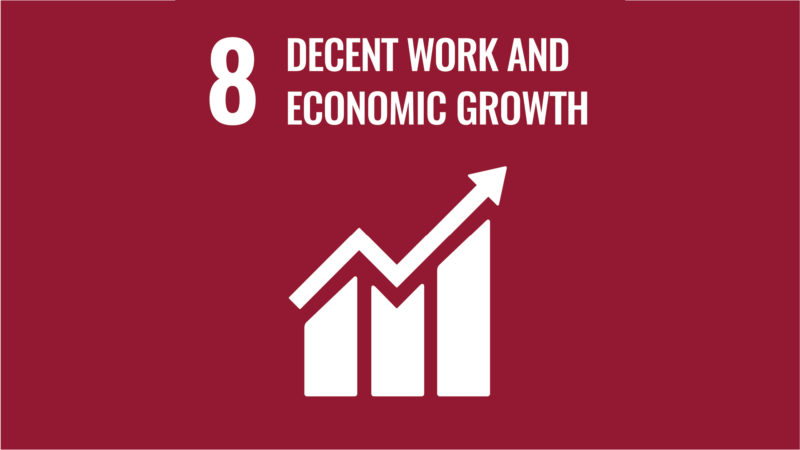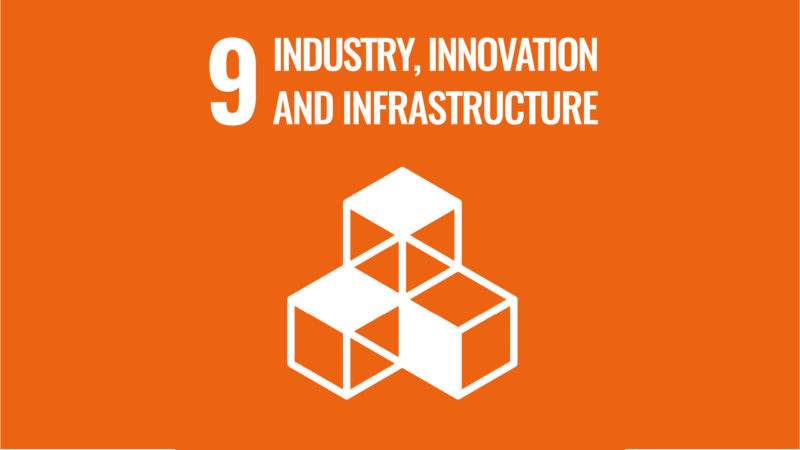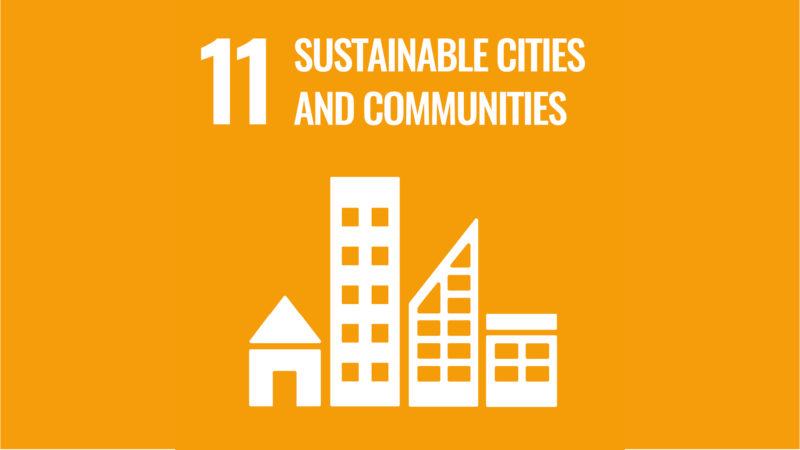The United Nations Global goals constitutes the most ambitious agenda for sustainable development on a global scale. Contributing to building a society where everything from the smallest component and batteries to the most complex systems are sustainable in every aspect is what truly lies at the heart of SEC’s mission. Hence, our activities directly or indirectly affect several of the global goals for sustainable development.

Electromobility makes it possible to decouple from direct emissions. The energy that fuels electrified vehicles can be generated from largely domestically produced sources, which unlike today’s dependence on fossil fuels, has a low carbon footprint. Hydropower, wind power, biofuel cogeneration or solar power are a few examples. Using several different energy sources in the vehicle fleet also lower the risk of disruptions in energy supply. At the same time, the vehicle’s energy storage can work as an important back-up in an energy system with a high proportion of intermittent renewable energy.

Since the establishment of the SEC in 2007, industrial activity in the field of electromobility has increased greatly. At the start, a few vehicle manufacturers offered electric and hybrid vehicles for commercial purposes. Today, many offer hybrid vehicles, rechargeable hybrid ones or fully electrified vehicles in their model portfolio. Subcontractors to vehicle manufacturers produce technically mature components and systems for energy storage, energy distribution, electric machines, power electronics, and subsystems. Continued investment in the SEC research thus improves the opportunities for Swedish automotive companies and companies in the generation, distribution and storage of electrical energy to assert themselves in the international competition.

In the development of electromobility, research, innovation and technological advances are key in developing sustainable solutions to economic and environmental challenges. This applies nationally as well as internationally. A shift away from fossil-based vehicle propulsion enables new markets and jobs, which can contribute to more efficient and equitable use of resources globally. This in turn requires increased knowledge of resource extraction and environmental impact with a broad system perspective.

Sustainable urban development encompasses sustainable construction and sustainable planning of housing, infrastructure, public places, transport and recycling. A very important part of the quest for sustainable cities is high utilization of the city’s surface through densification, and efficient transport systems for both goods and people. Here, electromobility plays several roles. At lower speeds, electric buses and cars are quiet and do not produce local exhaust gases, which is a very important prerequisite for combining efficient transport with dense buildings. In public transport, both rail-bound electric vehicles such as trains and trams, as well as internal combustion-driven buses, have challenges with noise. Vehicles that are fueled by electricity however are silent at lower speeds and can for the same reason deliver goods and collect waste at night, without disturbing the night’s sleep in surrounding homes.
